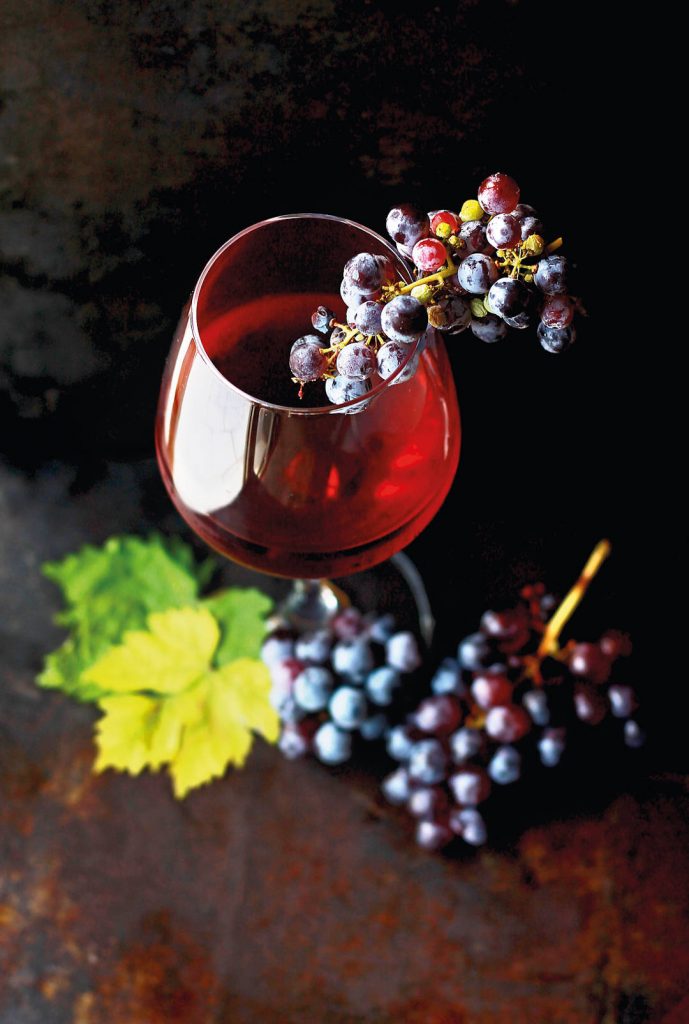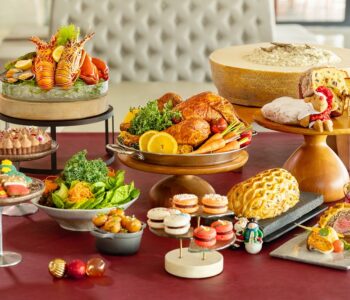For some unfortunate reason, I have been tasting “natural wines” the past few months with some serious wine drinkers. It’s the last hipster, eco-friendly, save-the-wine-world trend and since I hate trends, here I am talking about them.

Basically, natural wines are ruled by the maximum principle of “nothing is added, and nothing is taken away”, meaning, zero sulphites, no added yeast, no filtration, hopefully from organic grapes, as natural as it can be, as the great Dionysius, God of Wine, brought them into life.
Is this something new? Not at all. The fashion started during the 60’s, by some French revolutionary winemakers of the Beaujolais, but just now it has expanded to other regions of planet earth like Australia, Spain, Chile, California, and together with avocado, tattoos, interior plants, bamboo bicycles and veganism, it’s here to stay and becomes another icon of the centennials, millennials and other tribes.
My professional opinion about it? Some of them taste like vinegar (the famous Acetic acid screwing it all), others like a hideous kombucha (the second fermentation in the bottle) and the rest of them taste like ‘sunshine in a basement’, as a poet once wrote. Behind the notion of Natural wines resides the idea of “natural is good, artificial is bad”. I’m not going to give the typical examples to refute this conception of good artificial things like vaccines, books and condoms that save our existence every day.
But instead, I want to defend the addition of some products during the process of winemaking that, in my perspective, doesn’t diminish its nature, but enhances it. To put it simply: if you are married for more than 20 years, like this columnist, you will know that a wife will sometimes look and feel better with makeup, and of course in the “me too” era, a husband will also look and feel better with say, a wig.
Some wines mutate and become better not only with time, but also contact with wood or specific yeast, mano proteins or micro oxygenation. This is not a matter of bad and good in terms of morals, it is a matter of bad and good in terms of taste and I believe that some products-treatments-additions make wine somewhat better, tastier, subject of 100 parker points.
OK, the purists will say that global warming and the unknown future forces us to look for more natural solutions for winemaking, and I agree. But don’t tell us that because of that reason, natural wines taste better, because they don’t. Does it mean that the future of wine will be completely tasteless and bland? If it were up to Greta Thunberg, most likely.
Something like the use of wooden barrels gives to wine the characteristics and complexity that otherwise it would never have. That chocolate or vanilla flavour, or the leather or tobacco aromas that is so welcome in the Asian standard, comes from the contact with French or American oak.
They used to say in Spain, “Quod natura non dat, Salamantica non presta”, that is something like “what nature does not give, humankind doesn’t lend’, until plastic surgery came on board and Venezuelan Miss Universes started to rule the beauty contest world. As for wine, there are some things that nature can never provide – and this where the art of winemaking comes in. I’m of the second group









